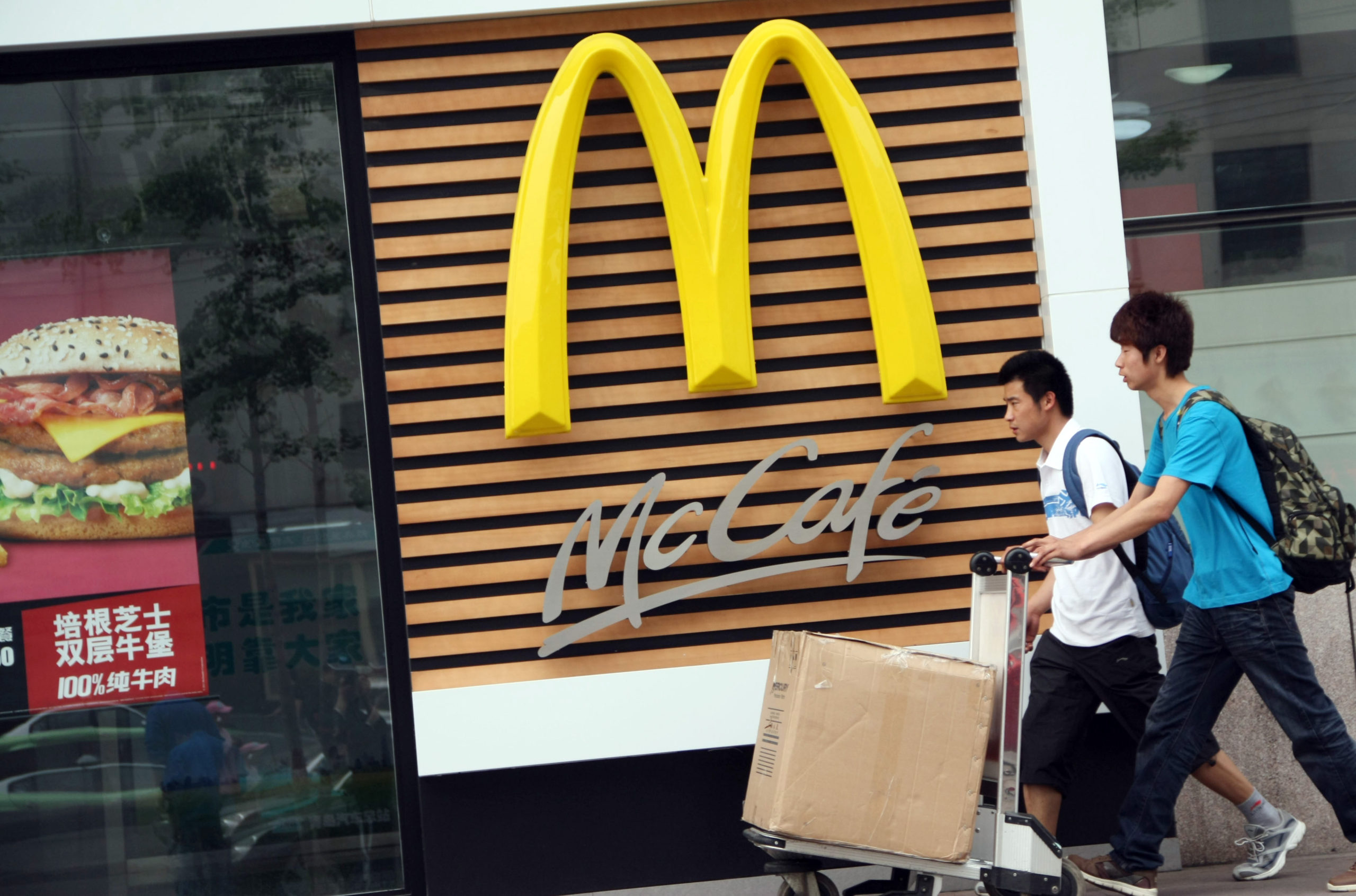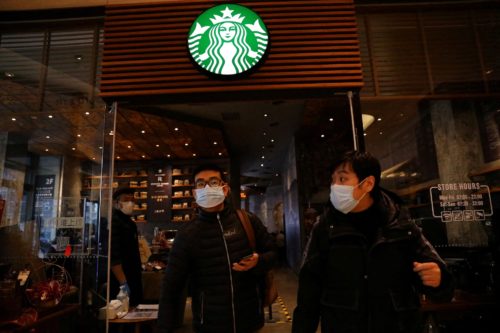McCafé wants a slice of Starbucks’ China pie
McCafé, the McDonald’s offshoot that offers premium coffees at less-than-premium prices, is going head to head with Starbucks in China this year.

Fast food chain McDonalds is investing $380 million to open 2,500 new McCafé locations in mainland China over the next three years, posing stiff competition to Starbucks’ current dominance over the country’s coffee market.
While the American company has recently faced some competition from Canadian coffee chain Tim Horton’s — whose expansion into China was supported by a hefty investment from Chinese tech giant Tencent — Starbucks has comfortably held its position at the top of the market, with 4,700 locations across the country. McDonald’s, however, poses a more serious threat, as the fast food giant already operates more than 3,600 Chinese stores and has had a presence in the mainland, and a strong brand, since the 1990s. And more than 1,500 existing McCafé locations are already operating in China.
Unlike the higher-end business model of Starbucks China, McCafé will likely focus on serving the country’s growing middle class with lower prices and delivery options. The bulk of the McDonald’s investment is expected to go into facility upgrades and renovations.
McDonald’s isn’t the only company currently planning to grow its coffee shop footprint in China. Starbucks announced an expansion of its own, with 600 new locations in the cards for fiscal year 2021. The Seattle-based chain is aiming to open many “walk-thru” locations that allow customers in metropolitan cities to customize and pay for their drinks via their smartphones, then quickly pick up the orders with minimal waiting.
When Chinese chain cafe Luckin Coffee revealed it had fabricated nearly half of its 2019 sales and was subsequently delisted from Nasdaq, the scandal left a void in the country’s competitive coffee market. McDonald’s and other corporations appear poised to occupy at least a portion of that gap. And as China’s coffee consumption continues to grow, global companies will certainly keep vying for a piece of the pie.
But going up against market leader Starbucks in this notoriously competitive market may not be an easy feat. UK coffee chain Costa Coffee has been operating in mainland China since 2006, and in 2011 announced plans to operate 2,500 cafes by 2022. But last year, the company announced it will shutter a tenth of its mainland China locations amidst decreasing demand and growing competition.





